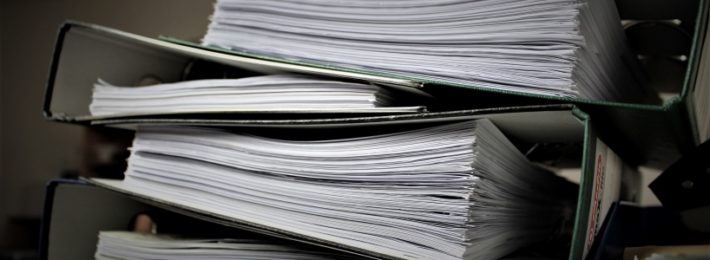Problems with Education Verifications Through the National Student Clearinghouse

All national security background investigations have required checks that must be completed in order for the investigation to meet federal investigative standards. One of the required checks is verifying claimed higher education transcripts and degrees. Prior to the existence of the Defense Counterintelligence and Security Agency (DCSA) and its predecessor, the National Background Investigations Bureau, verification of college degrees was done by either sending an inquiry to the school itself or sending an investigator out to obtain the record. Schools were generally cooperative and most of the time didn’t even charge a transcript fee.
Fast forward to current processes and verifying a college degree is a much-changed landscape. In 2019 DCSA started relying on using the National Student Clearinghouse to verify educational credentials. So, what is it? Basically, it is designed to be a one-stop shop for students, collegiate institutions, employers, and government agencies to verify someone’s educational transcripts and diplomas. It also alleviates individual schools from having to process thousands of transcripts requests every year. The problem we run into for federal background investigations is this; not all colleges and universities have transferred historic data into this clearinghouse.
Think of agencies like Department of Energy, National Science Foundation, NASA, NOAA, and other scientific heavy agencies with employees who went to college many years ago before things went digital. Most likely their college records are not going to be in the clearinghouse. The check comes back with no record or enrollment only with no degree verified. As a result, now the requesting agency has to determine whether to adjudicate the investigation without the record or reach out to the applicant and have them provide a copy of the transcripts. This ends up being a huge time suck for personnel security staff. Although a lot has gotten better with the clearance process, some things have gone the other way.



Based upon your article this is another one of the many reasons why we should be obtaining these records in person.
Another problem with the National Student Clearinghouse database is the records they provide don’t show the grade point average (GPA) or the specific classes taken.
The records they provide are incomplete and for an organization that prides themselves on being so thorough (DCSA) which DCSA is really a re-brand from OPM because they kept most of the same people in senior management, you would think they would want to find the most thorough and complete record by actually pulling the official transcript from the university or college.
So much for quality and thoroughness is all that I can surmise.
There will be many things that fall through the cracks for these national security investigations as we rely upon digitized online record databases such as the National Student Clearinghouse database and online employment verification websites such as The Work Number and E-Verify that only provide the date of hire, date of resignation, job title, and hourly rate but provide nothing about job performance, discipline/misconduct, and if the candidate is eligible for rehire.
The use of generic record providers like the Student Clearinghouse is to reduce the time spent in the field for non-issue information. If the Student Clearinghouse “record” reflects the information reported by the Subject - then we press on. If the record information is discrepant or non-existent, then we should press the schools for the information.
Then there are the schools that just won’t provide the information by any other means than the Student Clearinghouse.
I have not seen a requirement to report GPA since before 2007. We also don’t do the disciplinary records, or campus security, unless there is a reported/developed issue.
How would you know there is a developed discipline or campus police incident if the records aren’t checked routinely and regularly? I’ve always wondered why they took away this requirement.
Discipline and misconduct won’t be located on a transcript. We won’t develop this by interviewing a random professor that taught the subject for one semester. More than likely this won’t be developed by interviewing a classmate unless the classmate was a close friend and knows of campus incidents.
So may loopholes and ways things can fall through the cracks.
Why has the GPA been removed as a requirement to report? Wouldn’t a student’s academic performance have adjudicative value to DCSA? Another head scratcher. All other agencies (minus DCSA/OPM) require the GPA to be reported such as DHS, State Department, DOJ, FBI, etc. Another lapse in judgement and brain dead idea to remove GPA as a reporting requirement. But it’s really important to report why the Subject uses his mobile/cell as his home telephone number.
Should be asking why backlog mitigation policy is still in effect when there is no backlog.
The answer to this and all other questions.
Money.
Which guideline does GPA fall under?